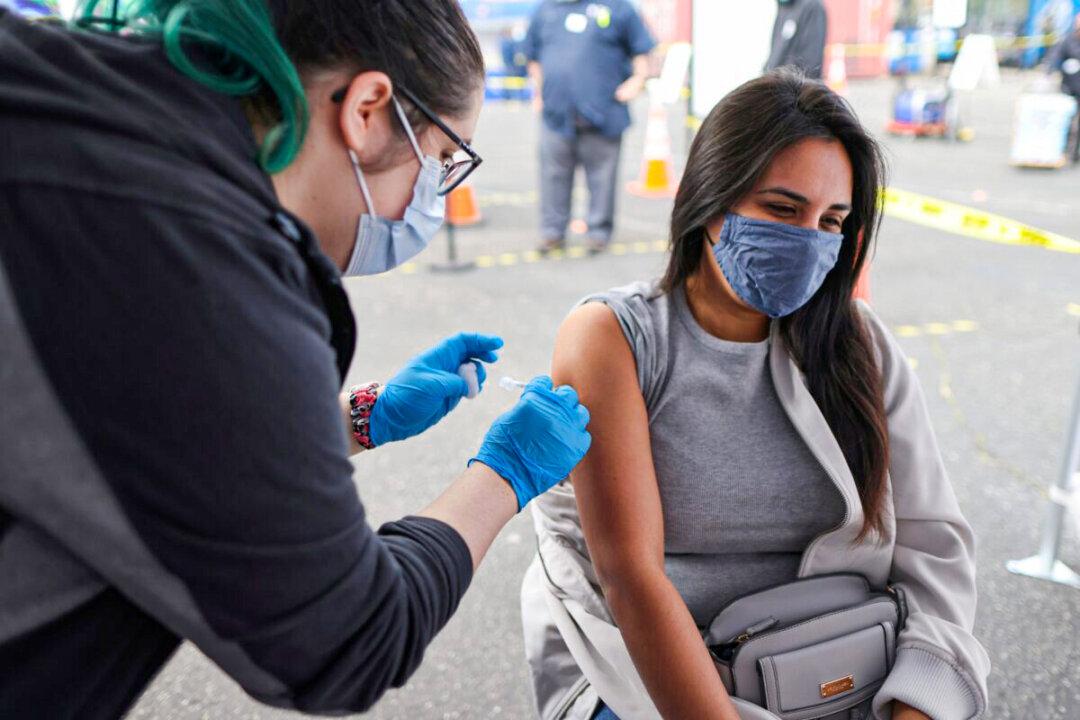A federal judge in California has rejected an effort by Bay Area Rapid Transit (BART) to overturn a jury verdict that awarded $7.8 million to six former employees who were fired for refusing to comply with the agency’s COVID-19 vaccine mandate on religious grounds.
In an order issued on Dec. 30, 2024, Judge William A. Alsup of the U.S. District Court for the Northern District of California acknowledged minor “imperfections” in the jury trial—including flawed instructions to the jurors—but determined they were not severe enough to invalidate the jury’s October decision requiring BART to pay each of the six former workers between $1.2 million and $1.5 million.






